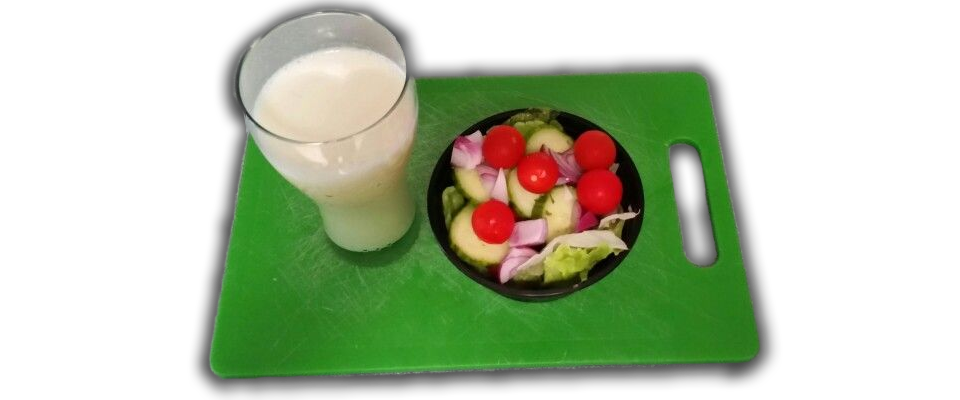
by Me | Sep 3, 2018 | Food & Diet, Pre-Surgery
17 days to go before my surgery… so I need to start planing and getting my head around the “meal replacement” diet which I need to start 14 days prior (6th Sep).
The purpose of the pre-surgery diet is primarily to shrink down my Liver a bit (so they have more space in my stomach cavity for the keyhole surgery)… I will also (presumably) shed a few more kilos prior to the surgery.
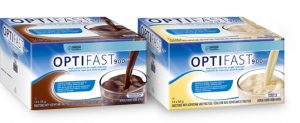 For two weeks I get to replace ALL meals (breakfast, lunch, dinner) withOptiFAST Very Low Carb (VLCD) Shakes, Soups and Food Bars… I am also allowed, for morning/afternoon tea a handful of berries or an apple, and with dinner 2 cups of veggies…. Oh Joy !!!
For two weeks I get to replace ALL meals (breakfast, lunch, dinner) withOptiFAST Very Low Carb (VLCD) Shakes, Soups and Food Bars… I am also allowed, for morning/afternoon tea a handful of berries or an apple, and with dinner 2 cups of veggies…. Oh Joy !!!
Apparently the first 3-4 days will be the hardest, while my body adapts to the change of diet and I may experience (short term) headaches, light-headedness and tiredness. I also need to keep a close eye on my blood sugar, monitoring regularly and will probably need to cut down Diabetes medications by about half.
I seem to be slowly getting back my taste (which I lost about 8weeks ago)… but am not sure if this is a good ot a bad thing… I am not anticipating a “taste extravaganza” from OptiFAST.

by Me | Aug 27, 2018 | Milestones, Pre-Surgery
Had a great (but brief) chat today with an ex-girlfriend of mine (from nearly 30 years ago) – lets call her Nelly.
Nelly has had a pretty much life long battle with weight (including a 20Kg weight gain within 12 months following the death of her mum), but finally (after a great deal of umming and ahhing) decided to go ahead with Gastric Sleeve Surgery in September last year (2017). She was VERY nervous in the lead up to the operation and very nearly cancelled it… But she has never looked back and wishes she had done it sooner.
Nelly apparently had lots of friends who had had various Bariatric Procedures over the years, but was still very nervous that her operation would be “the one” where everything went wrong…She need not have worried because now, coming up to 12 months after her op. she has lost 55Kg.
 Nelly had 3 weeks of meal replacement prior to surgery, but found this pretty easy to manage, because she was focused on the operation and understood the reasons (and benefits) of the pre-surgery diet. Following surgery, she was on liquid diet for about 3 weeks and then mush for another few weeks… It was 3-4 months before she was able to start eating “real food”, and even then it was in very small portions and there was a long learning curve on what and how much she could eat without feeling uncomfortable.
Nelly had 3 weeks of meal replacement prior to surgery, but found this pretty easy to manage, because she was focused on the operation and understood the reasons (and benefits) of the pre-surgery diet. Following surgery, she was on liquid diet for about 3 weeks and then mush for another few weeks… It was 3-4 months before she was able to start eating “real food”, and even then it was in very small portions and there was a long learning curve on what and how much she could eat without feeling uncomfortable.
Nelly was never particularly exercise focused or sporty, but now finds she wants to get out with her kids and and exercise more often…It is amazing how much extra energy you seem to have when you lose that much weight in a short period…. The body is used to dragging around a lot more extra weight.
Now she is starting to think about loose skin… Her arms and even wrists (and other bits I presume) now have saggy skin which are likely to improve somewhat over time, but could also be treated surgically for a faster more effective confidence boost.
Looking forward to a much longer chat to learn more about her experience 🙂
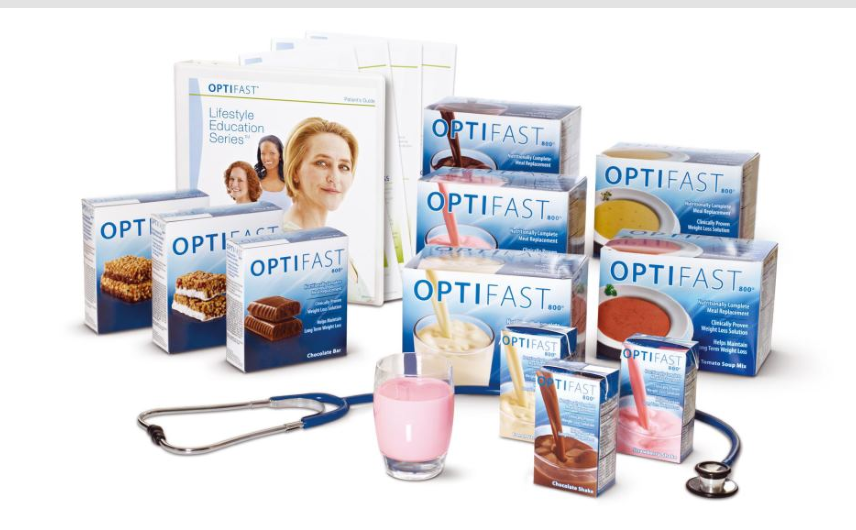
by Me | Aug 22, 2018 | Food & Diet, Pre-Surgery
This session was effectively a Pre Surgery Consultation to make me aware of what I can and can’t eat in the leadup to, and after surgery.
2 weeks before surgery
2 weeks prior to surgery I will need to switch to a meal replacement diet (Optifast). I need to stop all existing food and switch to 3 Optifast VLCD meal replacement products per day (Shakes, Soups and Desserts)… along with at least 2 litres of fluid daily (NO fruit juice, full cream milk, full sugar drinks or alcohol).
The purpose of this is to reduce the size/volume of the liver, improve surgical access and improve mobility post-surgery.
i understand that this 2 weeks is one of the most challenging parts of the whole procedure.
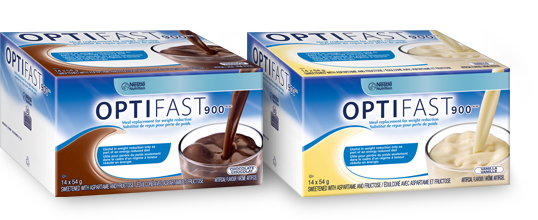
Surgery
Immediately following surgery – whilst I am in hospital, I will efectively be “nil by mouth” – with all liquids and nutriton recieved via a drip. This is to ensure minimal pressure on the surgery to allow time for the surgery to start to heal.
Post Surgery
For 2-4 weeks after surgery (once I am out pof hospital) I will be restricted to a liquid diet – to avoid any unnecessary pressure and stress on the stomach until the swelling subsides. The liquid diet significantly reduces discomfort, pain and vomiting and ensures adequate hydration and protein for a good recovery.
Following a couple of weeks of liquids I can start to have blended foods (mush) for a further2 weeks or so… and finaly (a month or so post-surgery) I can start eating real (well chewed) food in small quanitiies.
I am sure after 4 -6 weeks of liquds and mush (especially if I have not got my taste back) even the couch will start to look appetising – if for the texture alone.
This consultation cost me $150
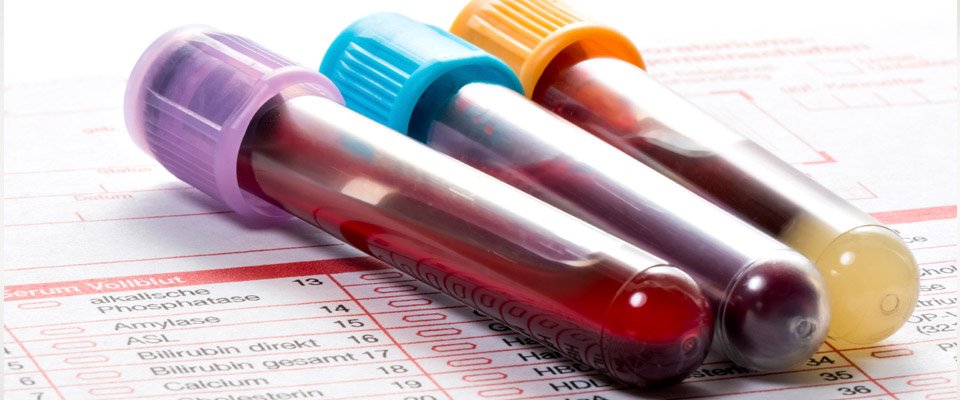
by Me | Aug 22, 2018 | Pre-Surgery
Today I attended a Hospital Pre-admisson session – to do some tests (ECG, Blood) and clue me up on the admissions process and what to expect on the day of, and days following surgery.
 It was conducted by a nurse from the surguical ward, and was a very informative and useful session.
It was conducted by a nurse from the surguical ward, and was a very informative and useful session.
I had already filled in some preadmisson forms online, so there was very little pawerwok to do at this session…. I had also already been in to my local Sullivan Nicolaides Pathology Lab earlier this morning for my blood tests (10 different vals – a new record !!!) and some of the results had been received alreay – very impressive.
I was sent off to get an ECG which was a very simple process of sticking few electrodes on my leg, hands, chest (no shaving this time woo hoo) – Cost was $65 (with some apparently claimable from Private Health Insurance)
I was told waht to expect, what to bring (toiletries, changes of c lothes, book), what not to bring (valuables) and given some tubes of antiseptic wash (to be used in showering the night before and morning of the surgery).
Now all I need doo is call the day before to confirm admissiion times and turn up on the day 🙂

by Me | Aug 14, 2018 | Pre-Surgery
 Following an unsatisfactory outcome from my 1st surgeon (I have still not heard from him) I thought I should seek a second opinion… so asked around… and found a surgeon at another Private Hospital who had done Bariatric Surgery for a friend of my sisters (who worked in the medical industry) – with spectacular results (and the patient was VERY happy). It also turns out that this surgeon (35 years previously) had snogged my sister at a school dance… and was also the surgeon for my endocrinologist…. the “stars were aligning” (not that I believe in the stuff).
Following an unsatisfactory outcome from my 1st surgeon (I have still not heard from him) I thought I should seek a second opinion… so asked around… and found a surgeon at another Private Hospital who had done Bariatric Surgery for a friend of my sisters (who worked in the medical industry) – with spectacular results (and the patient was VERY happy). It also turns out that this surgeon (35 years previously) had snogged my sister at a school dance… and was also the surgeon for my endocrinologist…. the “stars were aligning” (not that I believe in the stuff).
This consultation was very different to the 1st surgeon… First I spoke to a clinical nurse who explained the various surgical options and then I spoke with the surgeon…. The risks weren’t down-played, but the risks of not doing anything were also highlighted… also we looked at some very interesting stats comparing the long-term outcomes of the various types of bariatric surgery vs traditional weight loss strategies (diet, exercise) (See Swedish Obesity Study).
We discussed the pros and cons of various types of bariatric surgery… Lap Band Surgery was not considered a serious option, and it was clear that Gastric Bypass Surgery has significantly better longer term outcomes than Gastric Sleeve ( see SOS).
Gastric Bypass is a more complicated procedure, but it doesn’t involve removal of the stomach.. It also results in a reduction in absorption of nutrients, so if, post surgery, I slip back into bad food habits, a smaller percentage of that will be absorbed….This type of surgery is less “forgiving” if I over-eat or eat the wrong types of foods, so is inclined to encourage/enforce better eating habits… Because of the reduced absorption, I will need to keep a close eye on nutrition, also will be required to take calcium/multivitamin supplements for life.
I left this consultation completely satisfied that Gastric Bypass Surgery was clearly the best option for me… and in fact not having the surgery was not really an option at all (unless I didn’t want anything to change)… We were even able to set a date for the Surgery – Thursday 20th September, just 5 weeks away 🙂
This session (including the clinical nurse and surgeon consultations) cost $250.

by Me | Jul 9, 2018 | Pre-Surgery
 After a month of running around getting a whole series of different tests, I had my follow up with my Bariatric Surgeon.
After a month of running around getting a whole series of different tests, I had my follow up with my Bariatric Surgeon.
All test were OK… no major dramas… EXCEPT a biopsy from my Endoscopy suggested potential “Barretts Esophagus” – which, if present, could result in a very slightly higher risk of Esophageal Cancer.
My surgeon suggested he would check with the Endoscopic Surgeon to see if they could narrow down where the biopsy was taken from (i.e. whether it was from the top of the stomach rather than the bottom of the esophagus).
Again, this surgeon focused on the risks of the surgery (which is not a bad thing) and I left with the impression that he didn’t think it was a good idea to proceed.
I waited a week… and another…. but heard nothing.
I eventually chased up to see whether I should go ahead with a scheduled pre-surgery consultation with a psychologist. I explained that I didn’t know what the outcome of the previous consultation was, but I had the impression that the surgeon didn’t want to go ahead. The admin staff said there was nothing in the notes about not proceeding, but I decided to cancel the psychologist appointment.
I have still not heard back…
I have no issue at all with discussing the risks of surgery… on the contrary, it is important that patients are aware of these… But I was very frustrated at being “left hanging” I didn’t (and still don’t) know the outcomes of a whole months (and nearly $2,000)worth of consultations and tests.
My initial reaction was to forget about surgery… my hopes of the benefits and potential outcomes had been raised, but I had been frustrated by the process and it all seemed “to hard”… however, I decided not to give in… and seek a second opinion….
This consultation cost $125.

 For two weeks I get to replace ALL meals (breakfast, lunch, dinner) withOptiFAST Very Low Carb (VLCD) Shakes, Soups and Food Bars… I am also allowed, for morning/afternoon tea a handful of berries or an apple, and with dinner 2 cups of veggies…. Oh Joy !!!
For two weeks I get to replace ALL meals (breakfast, lunch, dinner) withOptiFAST Very Low Carb (VLCD) Shakes, Soups and Food Bars… I am also allowed, for morning/afternoon tea a handful of berries or an apple, and with dinner 2 cups of veggies…. Oh Joy !!!

 Nelly had 3 weeks of meal replacement prior to surgery, but found this pretty easy to manage, because she was focused on the operation and understood the reasons (and benefits) of the pre-surgery diet. Following surgery, she was on liquid diet for about 3 weeks and then mush for another few weeks… It was 3-4 months before she was able to start eating “real food”, and even then it was in very small portions and there was a long learning curve on what and how much she could eat without feeling uncomfortable.
Nelly had 3 weeks of meal replacement prior to surgery, but found this pretty easy to manage, because she was focused on the operation and understood the reasons (and benefits) of the pre-surgery diet. Following surgery, she was on liquid diet for about 3 weeks and then mush for another few weeks… It was 3-4 months before she was able to start eating “real food”, and even then it was in very small portions and there was a long learning curve on what and how much she could eat without feeling uncomfortable.


 It was conducted by a nurse from the surguical ward, and was a very informative and useful session.
It was conducted by a nurse from the surguical ward, and was a very informative and useful session.
 Following an unsatisfactory outcome from my 1st surgeon (I have still not heard from him) I thought I should seek a second opinion… so asked around… and found a surgeon at another Private Hospital who had done Bariatric Surgery for a friend of my sisters (who worked in the medical industry) – with spectacular results (and the patient was VERY happy). It also turns out that this surgeon (35 years previously) had snogged my sister at a school dance… and was also the surgeon for my endocrinologist…. the “stars were aligning” (not that I believe in the stuff).
Following an unsatisfactory outcome from my 1st surgeon (I have still not heard from him) I thought I should seek a second opinion… so asked around… and found a surgeon at another Private Hospital who had done Bariatric Surgery for a friend of my sisters (who worked in the medical industry) – with spectacular results (and the patient was VERY happy). It also turns out that this surgeon (35 years previously) had snogged my sister at a school dance… and was also the surgeon for my endocrinologist…. the “stars were aligning” (not that I believe in the stuff).